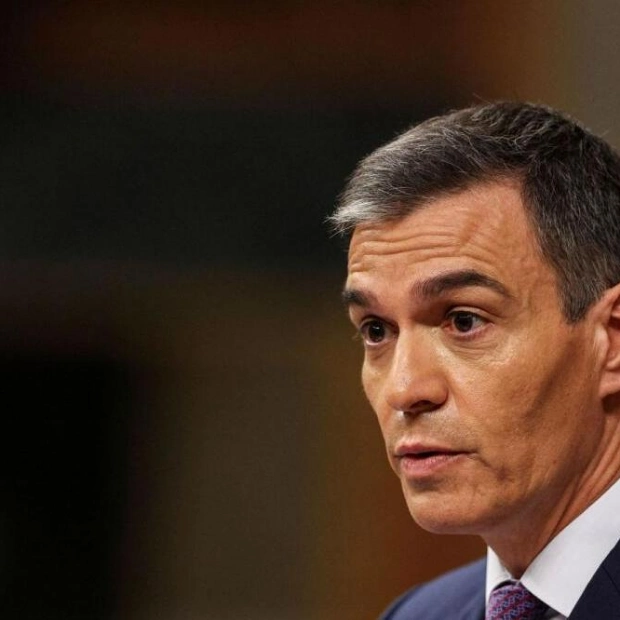Britain's new Labour government is examining the pensions system to explore methods of directing more investment towards productive assets, with the goal of enhancing economic growth and elevating retirement incomes, according to a statement on Saturday.
Prime Minister Keir Starmer has prioritized addressing the nation's sluggish growth as one of his government's key objectives since his victory in the July 4 election. In its initial set of proposed legislation, the government recently unveiled a new Pensions Schemes Bill aimed at promoting the consolidation of smaller pension schemes and expanding investment strategies.
"The review we are initiating represents another significant step in a series of reforms designed to stimulate growth, increase investment, and provide savings for pensioners," stated Finance Minister Rachel Reeves.
The Treasury anticipates that defined contribution schemes will be overseeing approximately £800 billion in assets by the end of the decade. Increasing investments in productive assets is expected to contribute to economic growth and infrastructure development.
The government's review will also assess ways to enhance the investment potential of the £360 billion Local Government Pensions Scheme (LGPS), which oversees the savings of local authority employees across Britain. The LGPS is divided among nearly 90 funds, and consolidation could mitigate fragmentation and inefficiency, according to the government. It may consider legislative action to mandate the pooling of funds if significant progress is not achieved by March 2025.
Reeves and Pensions Minister Emma Reynolds will lead a roundtable discussion with the pensions industry on Monday. The initial phase of the pensions system review will be reported within months, focusing on the stability, liquidity, and diversity of the gilt market. A subsequent phase will address the broader pensions environment.
Barclays expressed support for the government's "timely review" of the pensions sector, emphasizing the critical role of pension reforms in unlocking institutional investment in growth equity, as noted by the bank's CEO, C. S. Venkatakrishnan.






